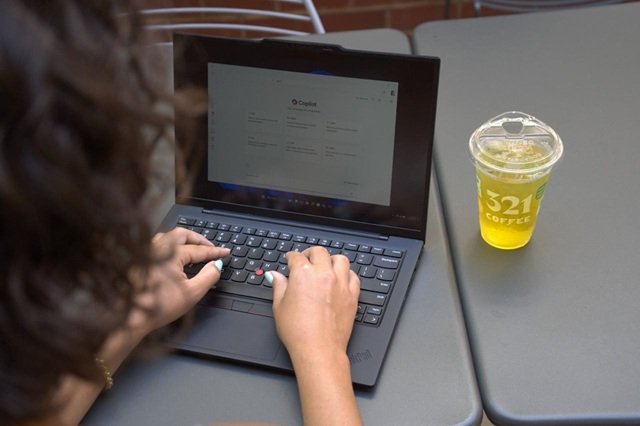
Finances may not be at the top of your mind when you are first starting out in your career, but that is the most important time to think about your future. Setting yourself up right from the start is an important step to creating financial security and can have a long-term impact on your future and the future of your family. While it can be overwhelming to think about, there are a few things that you should make sure are a part of your financial plan.
Start Investing
One of the best ways to save for retirement is to start investing at the beginning of your career. Investing lets the money you earn work for you and build wealth that you can rely on later in life. You can start investing in multiple ways, but one of the best and most reliable ways to get started is by putting money into a 401k or other retirement accounts.
Many companies offer retirement accounts, with a company match, to incentivize you to invest. You can also choose to invest in other accounts or assets, such as real estate. Day trading is another popular way to invest, but this does require more active, hands-on investing than putting your money in a 401k or mutual fund.
Buy Life Insurance
Thinking about death and preparing for that may not be something you are focused on when you are young, but preparing for that financially is important, especially if you have dependents. Life insurance will pay out a specific amount of money to your beneficiaries when you die. This can be used to help with funeral expenses and provide for surviving family, or it could be viewed as an additional inheritance.
As part of signing up for your policy, you will designate who your beneficiaries are. There are a variety of options that you can choose from, depending on your age and your health. Term life insurance is a better choice when you’re young. Make sure you do plenty of research so you end up with something that will provide the coverage you want.
Build Emergency Savings
Saving may not seem glamorous, but if you fall on hard times or you have unexpected expenses, you will be grateful to have a chunk of cash to fall back on. Decide on a certain amount of money to set aside from each paycheck in a savings account that will function as your emergency savings. The general rule of thumb is to have 3-6 months’ worth of expenses saved up, but having more isn’t a bad thing. To figure this out, take a look at what you spend in an average month and use that as your baseline. This way, if you end up with a medical emergency or you get laid off, you will have enough money to cover your financial needs while you get back on your feet.
While it may seem a little stressful, taking the time to set yourself up for financial success when you are young is an important step to creating the life you want. The more you prepare and make wise choices, the more freedom and fun you will have later. Financial peace of mind is a priceless thing to have.
Did you enjoy this article? Here’s more to read: How to Invest in a Local Tourist Economy



